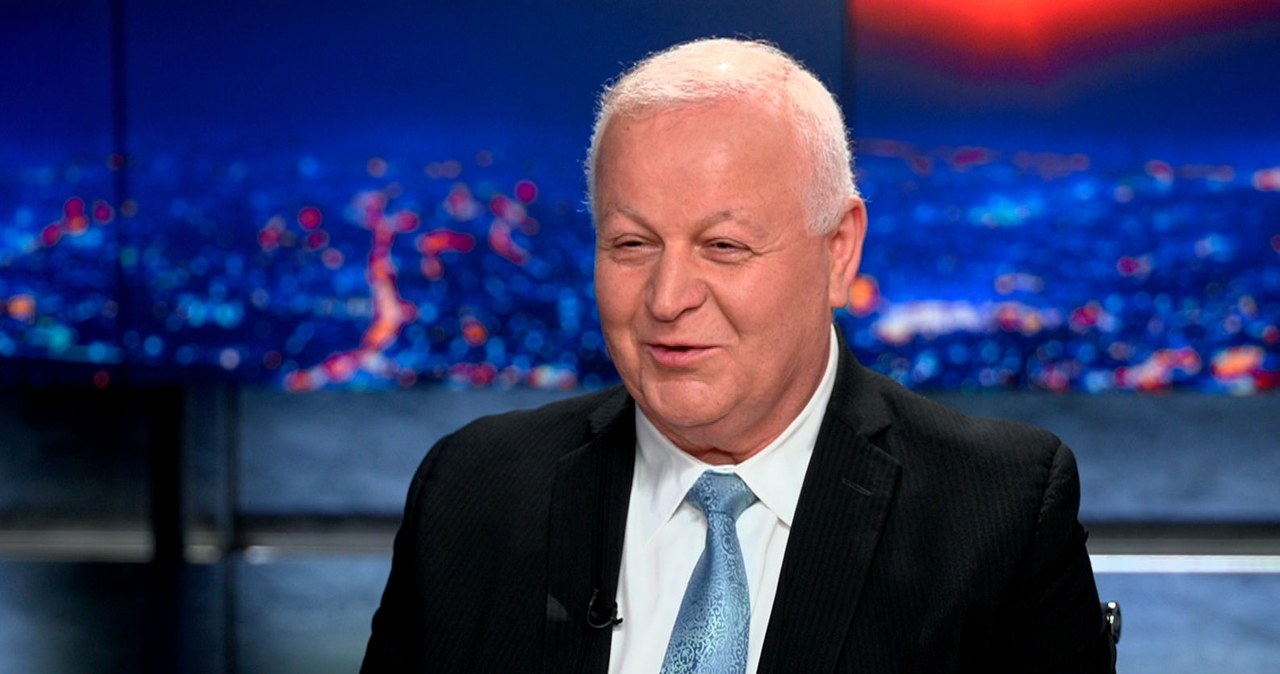Transport for London has launched a campaign encouraging commuters to wear headphones on public transport, but the initiative raises uncomfortable questions about whether our obsession with silence is making urban life lonelier. Mayor Sadiq Khan announced the effort targeting "headphone dodgers" who play music or videos aloud, yet critics argue this push for quiet may be cutting off vital human connections.
The campaign will roll out posters across Tube stations and bus stops throughout autumn, starting with the Elizabeth line before expanding to other services. The messaging reminds passengers to "keep their sounds to themselves" amid growing complaints about noise pollution on London's transport network.
Seb Dance, deputy mayor for transport, said: "The vast majority of Londoners use headphones when travelling on public transport in the capital, but the small minority who play music or videos out loud can be a real nuisance to other passengers and directly disturb their journeys."
A deeper social question emerges
Yet the campaign highlights a troubling paradox about modern urban life. While noise from phones is undeniably irritating, the relentless push for silence may be eliminating opportunities for the fleeting human interactions that combat loneliness. When everyone wears noise-cancelling headphones, strangers become invisible and voiceless, even when sitting inches apart.
Research supports public frustration with transport noise. TfL found that 70% of customers find loud music and phone conversations disruptive during their journeys, while a Savanta poll revealed more than a third of Britons experience phone noise "often" or "sometimes" on public transport.
The campaign comes despite existing TfL bylaws that already prohibit playing music without written permission. Only MyLondon reports that there have been zero prosecutions under these noise bylaws since 2019, highlighting a significant enforcement gap between rules and reality.
Questions about enforcement and priorities
The Liberal Democrats have called for £1,000 fines for noise violations, while Conservative politicians have pushed for on-the-spot penalties. However, transport authorities appear to favour education over enforcement, raising questions about whether the problem requires legal intervention or cultural change.
The disability perspective adds complexity to the debate. According to The Guardian, disabled passengers are disproportionately affected by noise pollution, with expensive noise-cancelling headphones often proving insufficient for those with sensory sensitivities.
The loneliness paradox
The initiative reflects broader tensions about urban social behaviour and whether efficiency should trump human connection. In a society where 49% of UK adults report feeling lonely occasionally or frequently, according to the Campaign to End Loneliness, the push for universal headphone use may be contributing to isolation rather than solving genuine problems.
The debate ultimately questions whether London's famously silent commuter culture represents social progress or missed opportunities for community connection. While nobody wants to hear unwanted TikTok videos, the alternative--everyone sealed into their own digital silos--may come at a cost to our collective humanity.
Sources used: "Independent", "Guardian", "MyLondon" Note: This article has been edited with the help of Artificial Intelligence.









